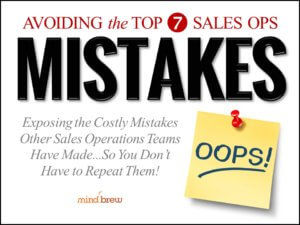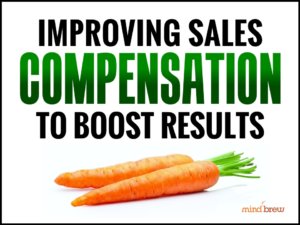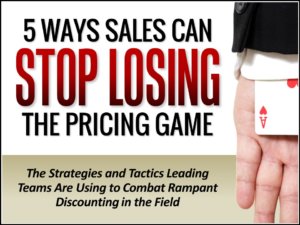In a perfect world, your business dynamics would be governed solely by the universal laws of supply and demand. In a perfect world, you could pay close attention to the upstream supply chain and downstream demand drivers to anticipate any significant changes in plenty of time to formulate a thoughtful and proactive strategy.
And in a perfect world, I’d still have a full head of hair.
The world is far from perfect. And supply and demand aren’t the only things that can affect your material costs, availabilities, lead times, etc. Little things like…oh, I don’t know…international trade policy, maybe?…can change everything, seemingly overnight.
Now, I realize that changes in trade policy and the regulatory environment are technically elements of overall supply and demand dynamics. But in the real world, they can feel like something very different…something from the outside…a bit like an asteroid flying in out of the blue.
So, what should you do when a change like this happens and everyone is running around with their hair on fire?
First and foremost, take a breath.
Freaking out isn’t conducive to rational decision-making. In fact, when something like this is happening, one of the things your organization needs most is cool, calm, and rational resolve. When the river is roiling, people need a rock to hold onto.
Remember that you’re not alone and lots of other companies…most or all of your competitors…are dealing with the very same issues. This misery has company and everyone is in a similar boat. So whatever you do…right or wrong…you probably won’t be the only one doing it. Small comfort, I know, but still.
Of course, you don’t want to overreact or just take a bunch of actions for the sake of doing something. But you do want to move quickly. When material costs and availability are moving rapidly…in either direction, frankly…it’s generally not a great idea to be a market laggard.
So think in terms of “good and fast” rather than “great and slow”. There are likely some “good” and relatively obvious defensive or protective measures you can implement right away. Flip those switches…hard and fast…and then think about what needs to happen next.
In situations like these, a rapid sequence of “good” actions is almost always going to be more effective than the “best” or “most comprehensive” plan-of-action, implemented two or three months down the road.
It’s also important to recognize that your customers are not all clueless about what’s going on. Most of them are looking upstream all the time, too. And, they’re certainly seeing the news.
So while your customers may feign ignorance for negotiating purposes, they most likely understand full-well what’s happening. They may not like it. And they’ll fight against it wherever they can. But they do understand it…and they do expect it…which provides some degree of leeway as you find your way forward.
And on this last point, you’ve probably heard the rather cynical saying about never letting a crisis go to waste? Well, while it might be hard to recognize when you’re in the midst of the firefight, these situations do provide an opportunity.
Everyone in your market sees what’s going on. As a result, everyone in your market is expecting some change. But they can’t know for sure exactly how much change they should be expecting.
In this way, the larger situation can provide the opportunity…the excuse…the “perfect cover” if you will…to correct some of those nagging deficiencies or outliers of the past. For example, while you might choose to pass a cost increase straight through to most of your segments, the larger situation provides cover for extracting even more from segments that have been underpriced historically.
The point is that while you may not have any control over what’s happening, you do have control over how you react to what’s happening. You can choose to freak out, overreact, and make the situation worse. Or, you can choose to remain calm while moving swiftly to cover your backside and maybe even capitalize on the situation.
I’m gonna go out on a limb and recommend the latter.













